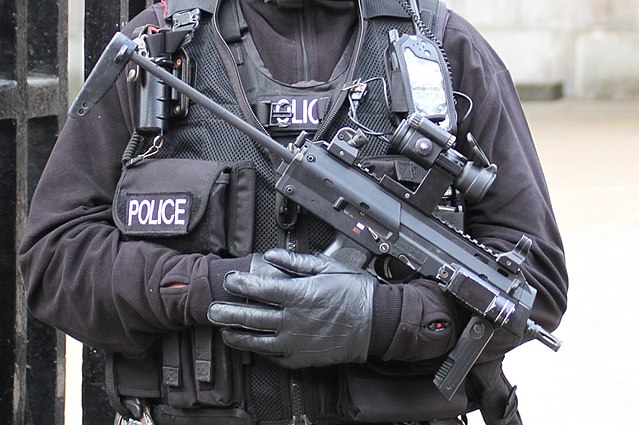The government has announced new rules to increase protections for police officers facing misconduct hearings following recommendations from a review by Sir Adrian Fulford, former judge, and Tim Godwin, former police chief.
Misconduct hearings will now apply the criminal standard of beyond reasonable doubt rather than the civil test on the balance of probabilities. Officers will be assessed on whether they held an ‘honest belief’ that the use of force was necessary in a dangerous situation. Police officers often justify their use of force on self-defence. The new rules will make it harder to challenge that defence.
The changes are a result of the fatal shooting of Chris Kaba, and the unanimous acquittal of the officer involved, Sergeant Martin Blake. Kaba, 24, was shot dead in South London in September 2022 after the police blocked his car.
Blake was charged with murder but cleared by a jury last year, telling the court he believed his colleagues were in danger. The government said the case showed confusion in the disciplinary process and announced plans to raise the legal standard used in police misconduct cases.
The decision has drawn mixed reactions. Deborah Coles, Director at INQUEST said the changes ‘undermine the rule of law’ and that it will increase ‘impunity and injustice’. She argues the changes made are the ‘opposite’ of ‘what is needed’.
The Home Office stated that the move will bring consistency between criminal and disciplinary processes, as the current framework leads to ‘loss of confidence among police officers and the public’.
Alba Kapoor of Amnesty International said that ‘even in clear-cut cases of police brutality’ officers are rarely held to account and ‘we are very likely to see police walk away scot-free’.
Metropolitan Police Commissioner, Sir Mark Rowley, welcomed the reforms, saying they are ‘not about avoiding accountability’ but about aspects for officers who make ‘split-second decisions’ in dangerous circumstances.






